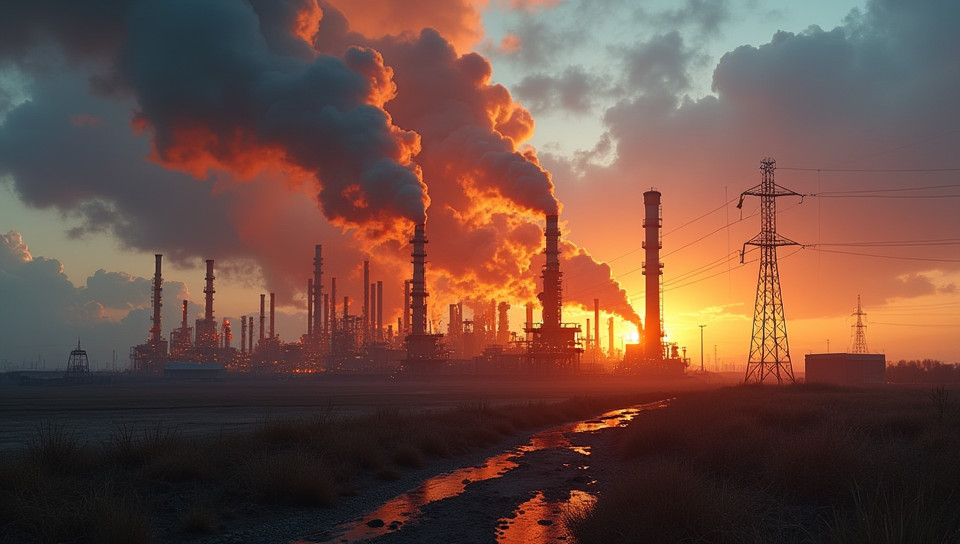Burning fossil fuels causes greenhouse gas emissions constantly 96%

The Devastating Impact of Burning Fossil Fuels: A Constant Source of Greenhouse Gas Emissions
As we continue to rely on fossil fuels for our energy needs, the consequences of our actions become increasingly apparent. The burning of coal, oil, and gas is not only a major contributor to climate change but also has far-reaching effects on our environment and health.
What are Fossil Fuels?
Fossil fuels are energy sources formed from the remains of plants and animals that lived millions of years ago. They include coal, oil, and natural gas, which are extracted from the earth through various processes. While fossil fuels have been a primary source of energy for centuries, their extraction, processing, and combustion have significant environmental implications.
The Greenhouse Effect
When we burn fossil fuels, they release carbon dioxide (CO2) into the atmosphere, contributing to the greenhouse effect. This natural process traps heat from the sun, keeping our planet warm enough to support life. However, human activities have amplified this effect, leading to an increase in global temperatures and associated climate-related issues.
Consequences of Burning Fossil Fuels
- Carbon dioxide emissions from fossil fuel burning contribute to climate change by trapping heat and altering weather patterns.
- Sulfur dioxide (SO2) and nitrogen oxides (NOx) emissions from fossil fuels can lead to acid rain, air pollution, and respiratory problems.
- The extraction and transportation of fossil fuels can result in oil spills, water contamination, and habitat destruction.
Alternatives to Fossil Fuels
As the world becomes increasingly aware of the devastating impact of burning fossil fuels, alternatives are being developed and implemented. Renewable energy sources like solar, wind, and hydroelectric power offer cleaner and more sustainable options for meeting our energy needs. Governments and corporations are investing in research and development of new technologies, making a transition to a low-carbon economy possible.
Conclusion
The burning of fossil fuels is a constant source of greenhouse gas emissions that have severe consequences for our planet. As we move forward, it is essential to prioritize the development and adoption of renewable energy sources, reduce our reliance on fossil fuels, and mitigate the effects of climate change. By working together, we can create a more sustainable future for generations to come.
- Created by: Rían Doherty
- Created at: Aug. 19, 2024, 9:35 p.m.
- ID: 7741






